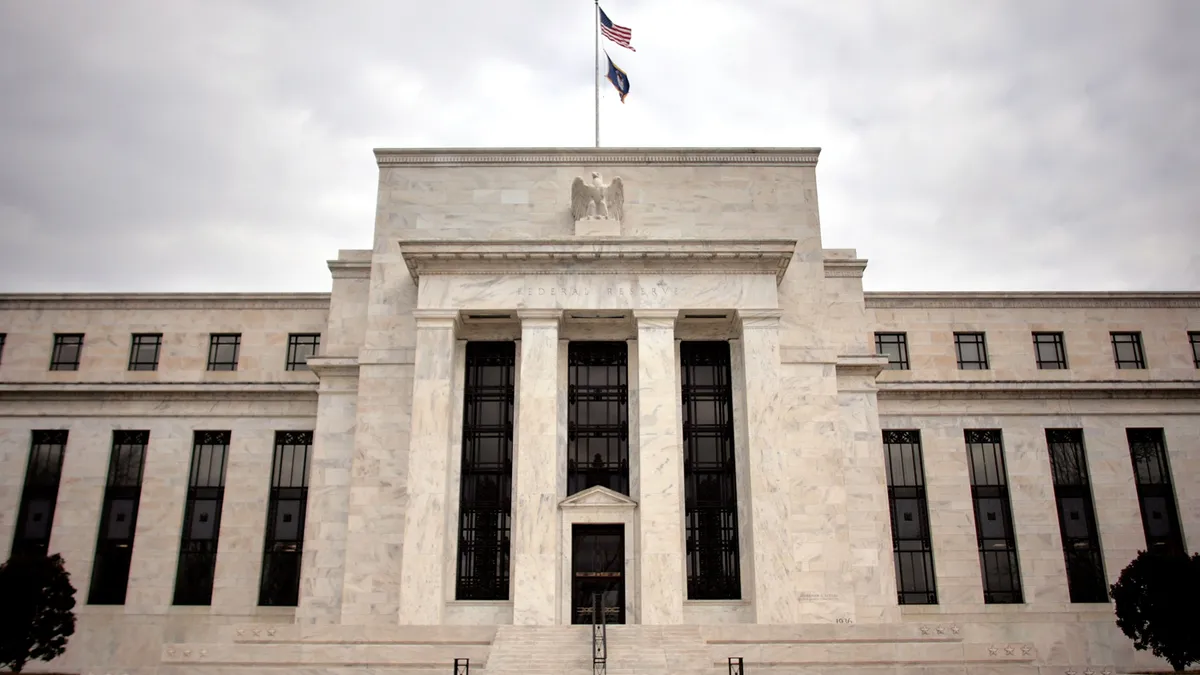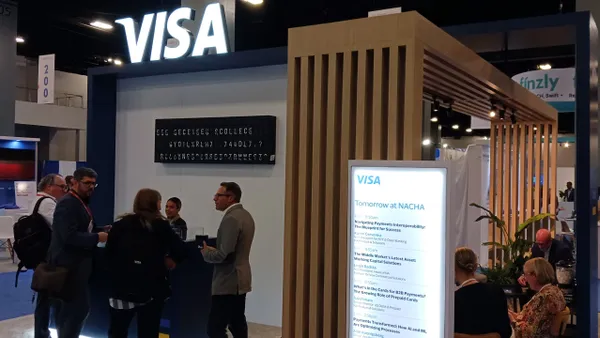Sen. Jack Reed of Rhode Island and four other Senate Democrats on Thursday urged the Federal Reserve, the Office of the Comptroller of the Currency, the Federal Deposit Insurance Corp. and National Credit Union Administration to closely supervise the customer reimbursement and anti-money laundering practices of financial institutions that use the Zelle network.
“Although Zelle is marketed as a convenient and inexpensive way to transfer money within the supervised banking system, its model has opened the door to fraud and scams on a tremendous scale,” Reed wrote in a letter also signed by Sens. Elizabeth Warren, D-MA; Sherrod Brown, D-OH; Robert Menendez, D-NJ; and Mark Warner, D-VA.
The lawmakers are also asking the Fed and the OCC to examine Early Warning Services, the company that operates Zelle, on an ongoing basis. And the senators want the agencies to coordinate their supervisory approach with the Consumer Financial Protection Bureau.
It’s hardly the first time lawmakers have targeted Zelle. Warren in October released a report that found the seven banks that own Zelle reimbursed 47% of the amount customers reported to have lost in fraud on the platform in 2021 and the first half of 2022. Warren then blasted Wells Fargo for withholding key information that other banks provided for the report.
Weeks earlier, several bank CEOs defended their reimbursements on the platform at a hearing on Capitol Hill.
“Anything that’s unauthorized, we do cover,” JPMorgan Chase CEO Jamie Dimon told Warren in September.
That language is one area where Reed and the other senators are focusing their attention.
“Depository institutions appear to have forced their customers to foot the bill in the vast majority of these circumstances, often relying on ambiguity over whether a payment is classified as ‘authorized,’ ‘unauthorized,’ or an ‘error’ to avoid reimbursing customers who have been victims of fraud,” the senators wrote Thursday. “When banks or credit unions participating in Zelle evade responsibility for reimbursing their customers if they are fraudulently induced to send money to scammers through the app, those customers may lose confidence in their depository institution for offering a product that places their money at risk.”
The senators are asking regulators to ensure the 1,800 depository institutions participating in the Zelle network are complying specifically with the Electronic Fund Transfer Act and the Bank Secrecy Act.
“If the agencies uncover any unsafe or unsound practices, or uncover any legal violations, those deficiencies must be addressed promptly,” the senators wrote. “Additionally, there is risk of unfair, deceptive, or abusive practices if bank or credit union communications lead customers to expectations of safety that are not met.”
As of November, JPMorgan Chase, Bank of America and Wells Fargo had engaged in advanced discussions to create standardized refund procedures for customers scammed through Zelle, sources told The Wall Street Journal.












